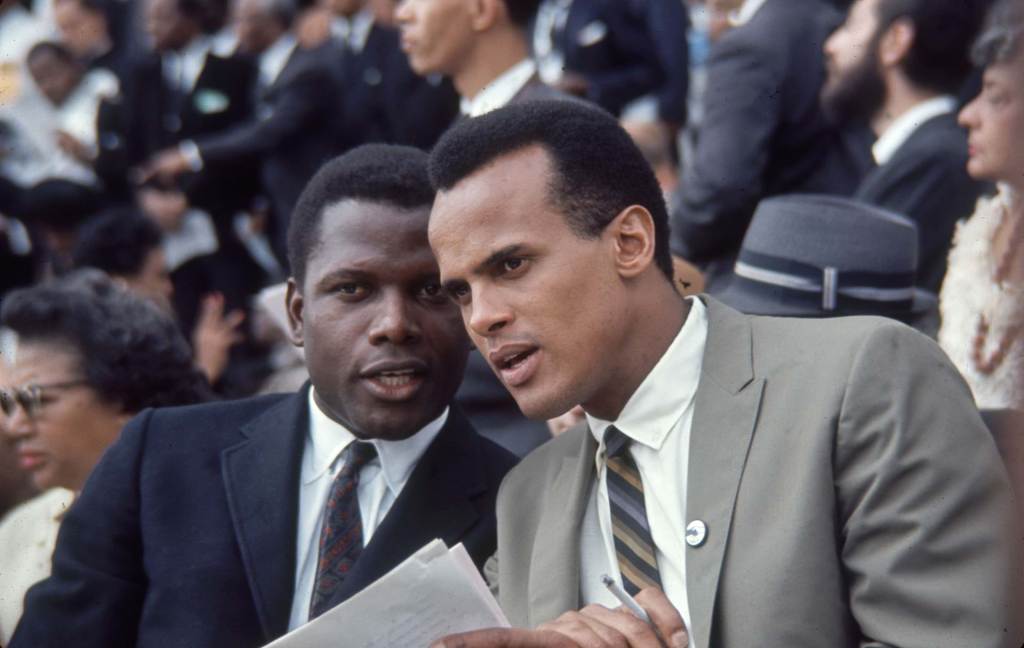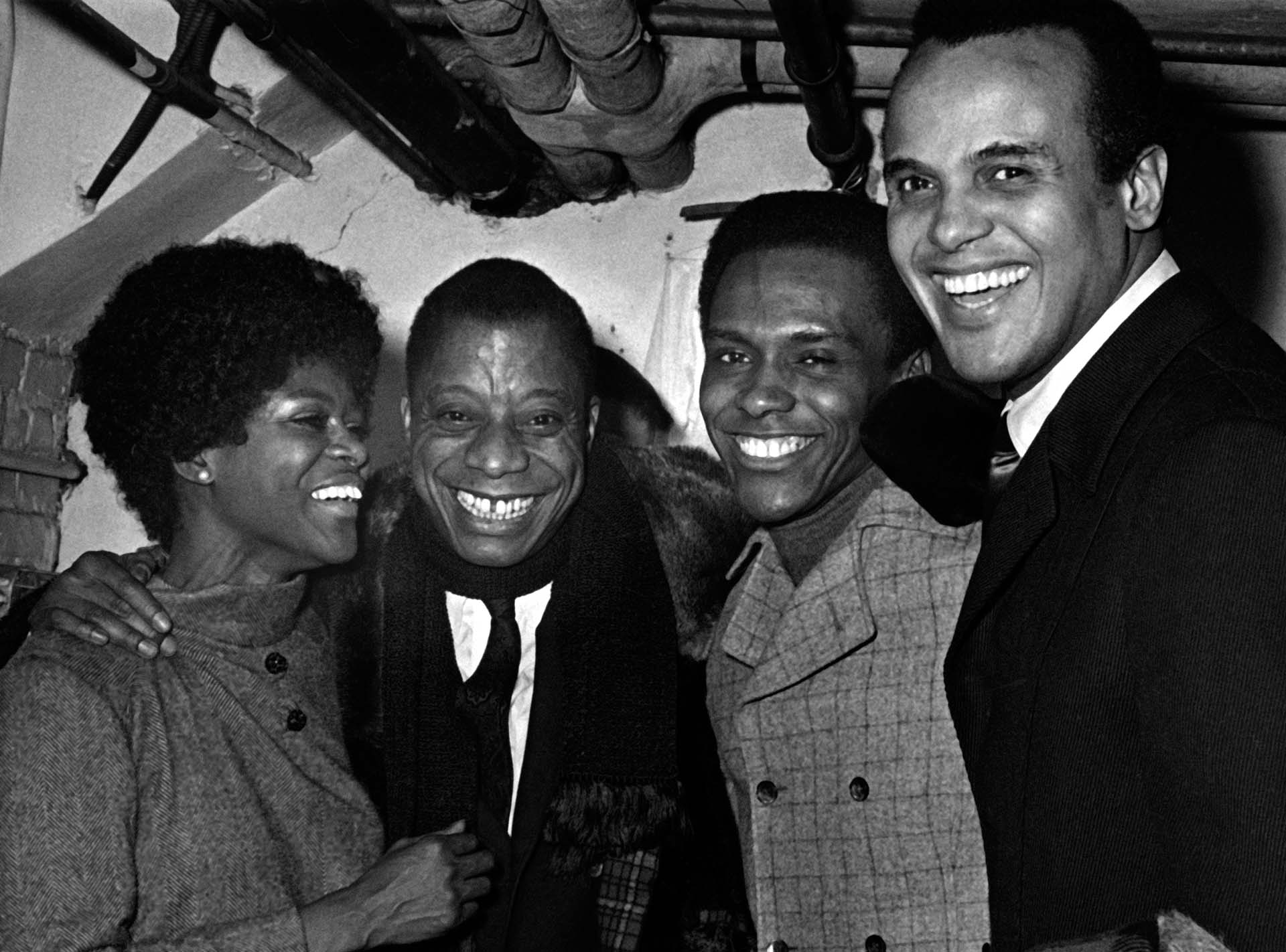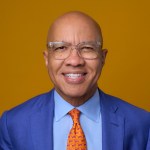 Francis Miller/Shutterstock
Francis Miller/ShutterstockDuring the final days of Dr. Martin Luther King Jr.’s life, he confided in his dear friend Harry Belafonte. He said then that he feared America was like a burning house, Belafonte recounted in his memoir—and he challenged all of us “to become the firemen.”
For 96 years, Harry Belafonte—to me and many others, “Mr. B.”—embraced this responsibility with graceful, joyful strength. He was the quintessential, indispensable firefighter for justice.
To be sure, this stunning, captivating man could set one’s heart ablaze, as he did mine, vicariously via the pages of EBONY, when I was a young boy in rural East Texas. But Mr. B.’s voice also helped to douse raging flames of withering injustice, across our nation and around the world. As an artist, he moved our feet, our pulses, our minds, our spirits. As an activist, he stirred our collective conscience, mobilizing many millions to righteous indignation and intervention.
A few years ago, I helped to commemorate Mr. B.’s singular influence and impact, presenting him with the Roosevelt Institute’s Four Freedoms Award. I still hear his admonition from late that evening, as he leaned over to me and cautioned, “Do not waste any time.”
This was characteristic of a man defined by strategic impatience. Time and again, Mr. B. put everything on the line—his career, his livelihood, his safety—to fight America’s many converging fires with a fierce urgency.
 Ron Galella/Getty
Ron Galella/GettyCicely Tyson, James Baldwin, Arthur Mitchell, and Harry Belafonte attend the January 1969 To Be Young, Gifted And Black gala in New York City.
Throughout his life, he struck a precarious balance—beloved by audiences of all colors and creeds but constrained within the Hollywood establishment. He was a target of McCarthyism in the 1950s and later risked condemnation from industry leaders and peers. Nonetheless, he forged ahead in the frontline of the long Civil Rights Movement, without reservation, guided by his belief in the dignity and humanity of all.
For some, growing older can mean succumbing to the temptations of comfort—becoming numb to ongoing inequality. Not for Mr. B. Through the years, he became ever more radical—more dedicated to the causes to which he devoted his life, at home and abroad.
Today, Mr. B.’s legacy endures, in those who learned from him and those who loved him. I mourn with his beloved wife, Pamela, and his children, Adrienne, Shari, David, and Gina, who continue to advance his crucial work. Gina leads Sankofa, which the Ford Foundation is proud to support.
Through his century of life, Harry Belafonte shaped the century in which he lived—a century of imperfect, uneven progress that would have been implausible, if not outright impossible without him. He did not waste a moment. And he earned his place in that vanguard of the march—among the founders of a more American United States of America.
